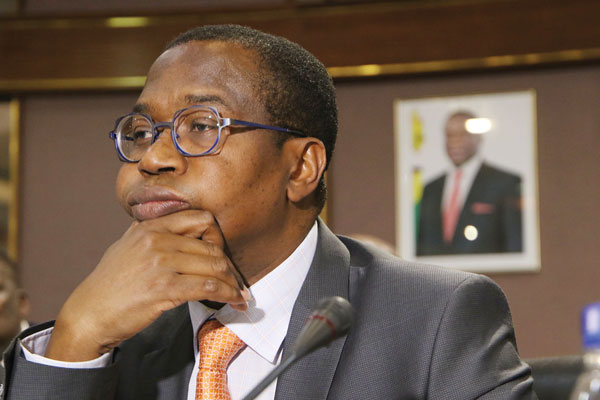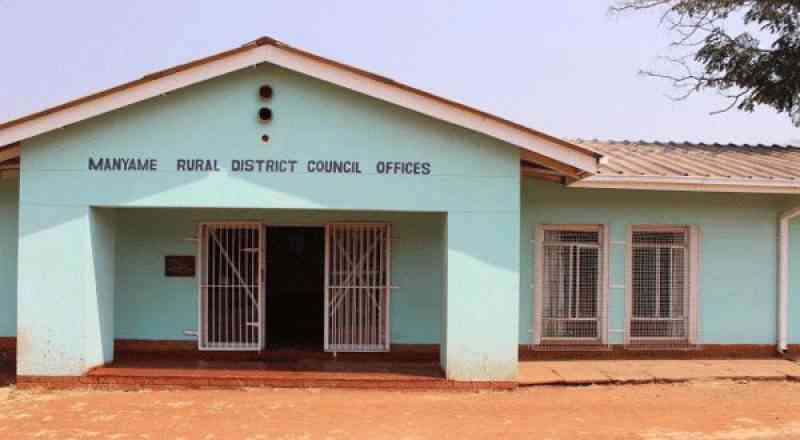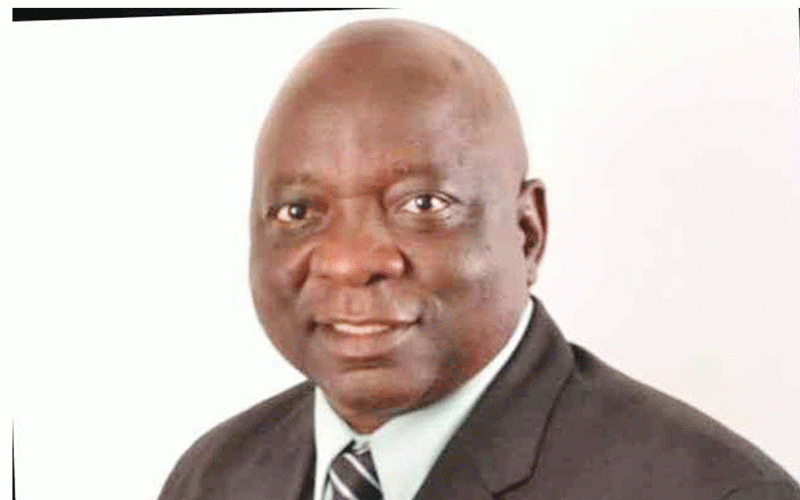
Zimbabwe is considering borrowing money directly from private investors to fund the first half of a $3,5 billion (R52 billion) compensation agreement with white farmers whose land was seized two decades ago, a source familiar with the deal has said.
Government, which last month appointed London-based Newstate Partners to help raise the money, needs to secure $1,75 billion (R26 billion) by July next year to meet its obligations.
Compensating the farmers is key to Zimbabwe’s repairing its relations with the US and other Western countries that imposed sanctions on the country after the often-violent land seizures began in 2000. Zimbabwe’s economy subsequently collapsed as exports dwindled, and has stagnated ever since.
While the government is likely to press ahead with publicly stated plans to sell an international bond to finance the compensation accord, that option probably won’t be viable, said the source who asked not to be identified as the information hasn’t been disclosed publicly. A bond would be too expensive and need a guarantee from a multilateral lender that’s unlikely to be forthcoming as Zimbabwe hasn’t paid its arrears on more than $8 billion in debt, meaning it can’t borrow fresh capital from them.
If money is raised from private investors, a special-purpose vehicle (SPV) could be set up offshore and a portion of the country’s tax or royalty earnings from mineral exports could be diverted into it to repay them over a number of years with interest, the source said. The SPV could also be used as a guarantee to bolster the confidence of potential lenders, the source added.
Zimbabwe’s main exports include platinum-group metals, gold and tobacco.
Finance minister Mthuli Ncube and permanent secretary George Guvamatanga didn’t respond to calls and text messages seeking comment.
— Bloomberg
- Chamisa under fire over US$120K donation
- Mavhunga puts DeMbare into Chibuku quarterfinals
- Pension funds bet on Cabora Bassa oilfields
- Councils defy govt fire tender directive
Keep Reading










